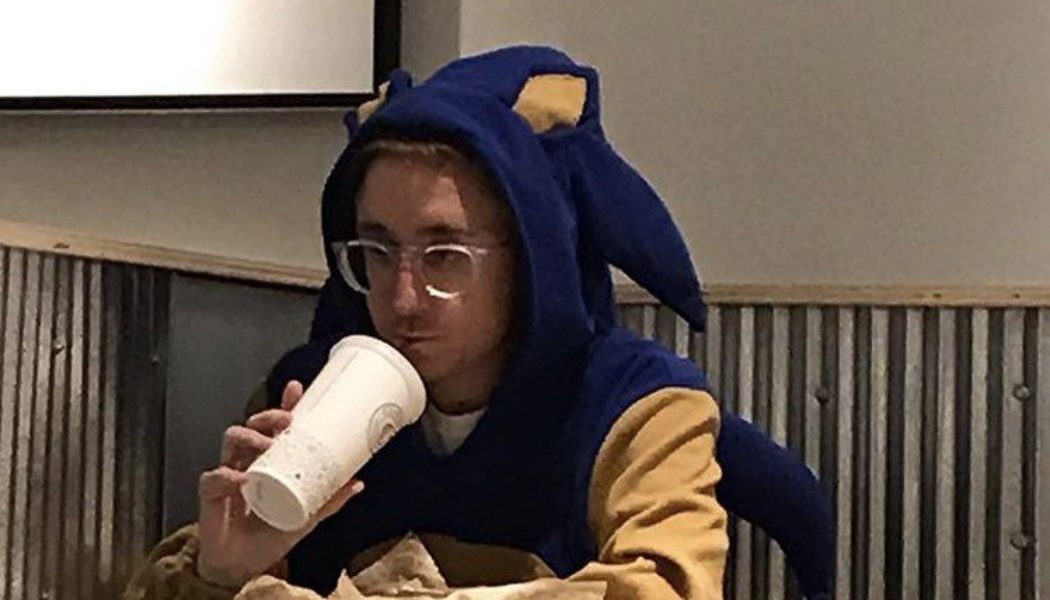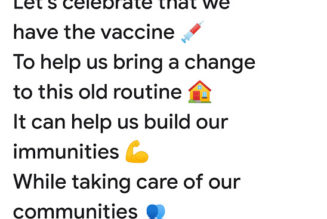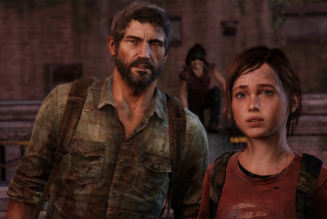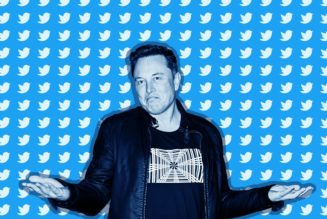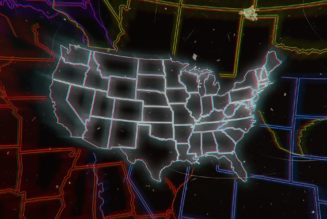You can’t summarize the webcomic Mr. Boop better than its first panel, which emerged out of what felt like the raging id of the internet on February 28, 2020. “My wife Betty Boop is really hot,” says Alec, the strip’s spectacled, grinning protagonist, a cartoon avatar for actual writer and artist Alec Robbins.
His wife, you see, is Betty Boop. She’s really hot.
At first blush, Mr. Boop might not seem all that different from the webcomics that largely defined the genre’s boom a decade or so ago: imperfectly drawn panels, constant flirtation with copyright violation, and a horny, endlessly self-indulgent hero based directly on the author.
But Robbins isn’t just channeling the tropes of a largely bygone era of fanfiction; he’s weaponizing them, delivering a note-perfect satire of a very specific time on the internet with layers that only reveal themselves as the story unfolds. Over 216 comic strips, several videos, and one alarming free-to-play visual novel, Robbins — a writer and comedian whose credits include stints on I Think You Should Leave and The Eric Andre Show — starts with a goof about a guy who’s married to Betty Boop and steers it into a hilarious, sometimes existentially troubling interrogation of what’s fascinating about fandoms and dumb about copyright law.
Though Mr. Boop’s initial appeal was directly tied to the internet — new strips debuted on Robbins’ Twitter feed, where the entire thing can still be read for free — the comic has a different kind of weight in Silver Sprocket’s lavish new hardbound edition, which also collects a series of guest strips and cleverly adapts the original video ending for the written page. It is the new best way to read the best comic I read in 2020.
I had roughly one million questions when I finished Mr. Boop last year. Alec Robbins is here to answer a few of them:
:no_upscale()/cdn.vox-cdn.com/uploads/chorus_asset/file/23577401/Alec_05.jpg)
Of all the fictional characters you could have internet-married, why Betty Boop?
It was never anything else. This wasn’t, “Oh, it would be funny to draw a comic about being married to a fictional character. Who would that be?” That was never the approach. It always came from Betty Boop. There was a bar called the Winchester Room that had a life-size statue of Betty Boop. I would pose for a photo with it to make my friends laugh. And from that, I was inspired to tweet, every once in a while, something like, “Damn… Betty Boop’s really hot.” I just loved the thought of this character who was so uniquely designed to be a sex symbol but is now especially remembered by, like, grandmothers.
So how did that inside joke morph into this psychosexual webcomic?
I drew a sketch, once, just to make my friend laugh. I just texted it to him. But then I got done with work one day, and — sitting in my car after work — I had a notepad file open on my phone, and I wrote 40 Mr. Boop strips all at once. They came so naturally. When I started drawing them, it was like rocket fuel.
The comic hadn’t been running long before you expanded the universe to other fictional characters: Bugs Bunny, and Sonic the Hedgehog, and Peter Griffin. By the 45th comic, Alec and Betty Boop are having an orgy with Goku, Jessica Rabbit, Fred Flintstone, Gardevoir from Pokémon…
Oh my god, I took it so seriously, which characters would be in and which wouldn’t. Once you crack open that shell, you’re playing with every archetypal character that people have well-known sexual obsessions with online.
Some are ironic, like Sonic or Shrek or SpongeBob. Some are obvious, like Jessica Rabbit. But then there are left-field ones. Like, if you’re familiar with Pokémon fans and how they end up sexualizing certain characters — I knew there was a thing with Gardevoir. If you’ve seen someone drawing horny Pokémon art, Gardevoir is probably one of the ones you’ve seen.
And you need some that are personal. Ranma and Gina from Porco Rosso — when I was younger and watching anime, those resonated with me. You’ve got to include your own favorites. I needed to make sure I was in the crosshairs, too. I don’t want to come off, ever, like I’m making fun of anybody. So I threw in some of my vices as well.
Book 3 has this whole meta-narrative about Betty Boop’s father enforcing her copyright and breaking up her marriage to Alec. And that’s a question I had from the start: writing a comic that incorporates so many very recognizable fictional characters, did you run into any actual copyright snafus?
Maybe. I don’t know if I should talk. My answer is a winking “maybe.”
You have a scene where Mickey Mouse shows up with an erection and says, “Walt Disney really hates it when I, Mickey Mouse, participate in orgies.”
I think it’s pretty clear how I feel about copyright. I can tell you this. There was a scare. And I eventually stopped being worried at all. The scare actually empowered me, when nothing happened to me, to be braver than ever. And the harder I went — once it’s about copyright infringement, with Mickey Mouse as the holy grail of that — I’m even more protected. It’s a very valid critique of that world.
The ending really dips into all-out horror — right down to a video finale that incorporates the End of Evangelion song “Komm, süsser Tod.” How did you decide when and how to wrap the comic up?
There were a few drawings that I changed because I was like, “This is making me uncomfortable.” I have the most reservations about Book 4. To this day, I’m kind of like… was that the right capper for everything? It definitely makes sense, but I was very worried about the statement I was making. I don’t want the ultimate statement of Mr. Boop to be that it’s bad to fall into fantasy worlds and enjoy them.
It’s a pretty definitive ending, but would you ever go back to the Mr. Boop universe? We know Alec was previously married to Samus Aran and Gina from Porco Rosso, but we hardly know anything about those relationships.
Maybe. I like having a button on it, especially with the hardcover. But it was so fun. I miss it. I didn’t think it ended prematurely, but a lot of other people do. I was really invested in not letting it drag on too long. There’s no reason I can’t go back to it.
Finally, I’ve been wondering for months: when Sonic the Hedgehog talks in Mr. Boop, I hear Jaleel White’s voice in my head. Is that right?
Yes. That’s the canon voice for me.
This interview has been edited and condensed.
